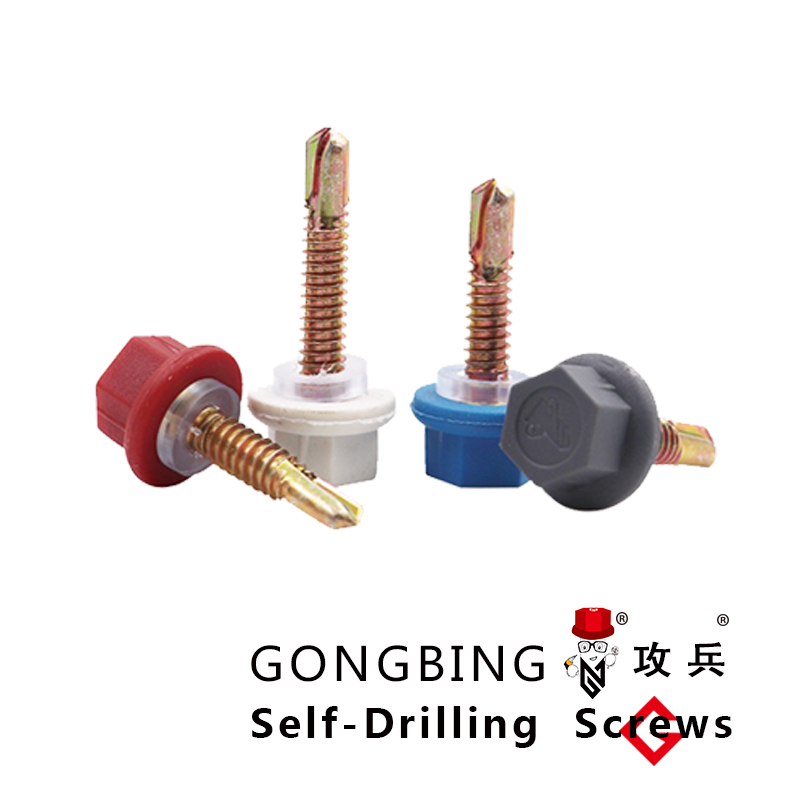Types and Applications of Foundation Bolts for Structural Stability and Design
Understanding Different Types of Foundation Bolts
Foundation bolts are crucial components in construction, providing stability and strength to structures. These bolts are designed to anchor equipment or structures to their foundations, ensuring they can withstand various forces, including wind, seismic activity, and operational loads. With various types of foundation bolts available, it is essential to understand their specifications, uses, and advantages to select the right one for a particular application.
Types of Foundation Bolts
1. L-Bolts L-bolts are among the most common types of foundation bolts. They are shaped like the letter L, which allows one end to be embedded in the concrete while the other end is exposed to attach to structural components. This design provides excellent resistance to pull-out forces, making them ideal for securing columns and frames in buildings.
2. J-Bolts Similar to L-bolts, J-bolts have a hook shape at the bottom end, which is embedded in concrete while the top remains exposed for attachment. The hook design helps in preventing pull-out because the hook sits securely against the concrete. J-bolts are particularly useful in applications where uplift forces are anticipated.
3. Straight Bolts Also known as anchor bolts, straight bolts are threaded rods that can be cast into concrete or installed post-construction. They are versatile, often used for securing machinery or structural elements in various industries. Depending on their length and diameter, straight bolts can accommodate different load requirements.
4. T-Bolts T-bolts are designed to fit into threaded tracks or frames, allowing for easier adjustments and installations. They have a T-shaped head that keeps the bolt from turning when tightening or loosening. T-bolts are commonly used in modular construction and furniture assembly, where adjustable connections are beneficial.
foundation bolts types

5. U-Bolts As the name suggests, U-bolts have a U shape and are typically used to secure pipes or support beams. Their design allows them to surround an object, providing a stable fastening method. U-bolts are often used in both construction and automotive applications.
Materials and Coatings
Foundation bolts can be made from various materials, including steel, stainless steel, and even polymer composites, depending on the environmental conditions they will face. Steel bolts are usually coated with protective finishes like zinc plating or hot-dip galvanization to prevent corrosion, especially in outdoor environments or agricultural applications. Stainless steel bolts, while more expensive, offer superior resistance to rust and corrosion, making them suitable for marine projects or areas with high humidity.
Installation Considerations
Proper installation of foundation bolts is critical to their performance. Bolts should be placed at the specified spacing and depth according to engineering designs. Adequate curing time for concrete is necessary before applying loads to ensure the bolts achieve their maximum anchorage capacity. Furthermore, it’s essential to follow torque specifications during installation to prevent bolt failure or damage to the structure.
Final Thoughts
Choosing the right type of foundation bolt is vital for the integrity of any construction project. Each type offers unique benefits tailored for various applications. By understanding the characteristics and uses of L-bolts, J-bolts, straight bolts, T-bolts, and U-bolts, engineers and builders can make informed decisions that enhance the safety and durability of their structures. Ultimately, the right foundation bolts not only secure structures but also contribute to the overall resilience and longevity of construction projects.
-
Weatherproof Plastic Expansion Anchors for OutdoorFréttirJun.06,2025
-
Sustainability in the Supply Chain: Eco-Friendly TEK Screws ProductionFréttirJun.06,2025
-
Load-Bearing Capacity of External Insulation FixingsFréttirJun.06,2025
-
Double Head Bolts: Enhancing Efficiency in Industrial MachineryFréttirJun.06,2025
-
Corrosion Resistance in Chipboard Screws: Coatings for Wholesale DurabilityFréttirJun.06,2025
-
Butterfly Toggle Bolts : Enhancing Structural ResilienceFréttirJun.06,2025
